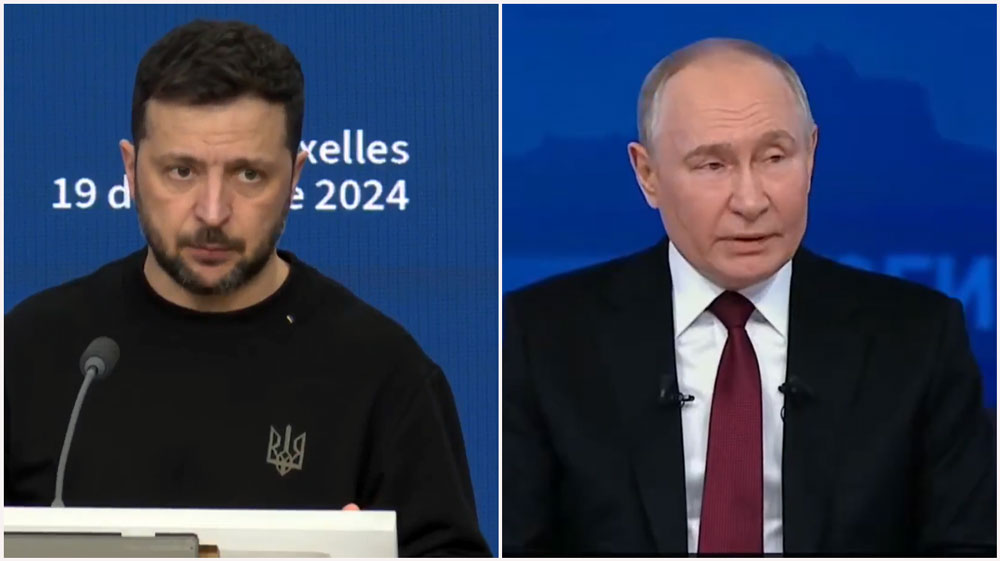Ukrainian President Volodymyr Zelenskyy announced he would meet with Turkish President Recep Tayyip Erdogan in Ankara on 15 May.
Zelenskyy also said he and Erdogan are prepared to travel to Istanbul if Russian President Vladimir Putin agrees to meet there.
“We will be waiting for a meeting with Putin in Türkiye,” Zelenskyy told journalists on 13 May.
The Ukrainian leader explained they had already arranged the 15 May meeting with Erdogan in Ankara. He addressed potential location concerns from the Russian side.
“Russia cannot manipulate cities and say that Putin is not ready to fly to Ankara but only to Istanbul… if Putin flies to Istanbul instead of the capital, I have sent a signal to President Erdogan, and the Turkish side is ready for us to fly to Istanbul with President Erdogan,” Zelenskyy said.
The Ukrainian president emphasized his commitment to the talks. “We will do everything for this meeting to happen,” he said.
Zelenskyy said that only Putin can make decisions about a ceasefire. “I can only negotiate a ceasefire with Vladimir Putin because only he decides this,” the Ukrainian president said.
US President Donald Trump was invited to join the meeting, though Zelenskyy said he does not know Trump’s decision. “In any case, if he confirmed his participation, it would give additional impetus for Putin to come,” Zelenskyy said.
Special envoys of US President Donald Trump, Steve Witkoff and Keith Kellogg, will travel to Istanbul where negotiations between Ukraine and Russia may take place on 15 May.
Head of the Presidential Office Andriy Yermak said Putin’s refusal to come to Türkiye would be “the final signal” about Russia’s unwillingness to end the war.
The Kremlin claimed that the Russian side “continues preparations for negotiations” in Istanbul on 15 May and provided no further comments.
Read also:
- Zelenskyy demands Putin attend Istanbul talks, Trump considers joining the summit
- FT: Trump’s Ukraine minerals deal expected to yield no output before 2035
- Politico: Trump’s USAID freeze disrupted HIV services in Ukraine, triggering treatment gaps




